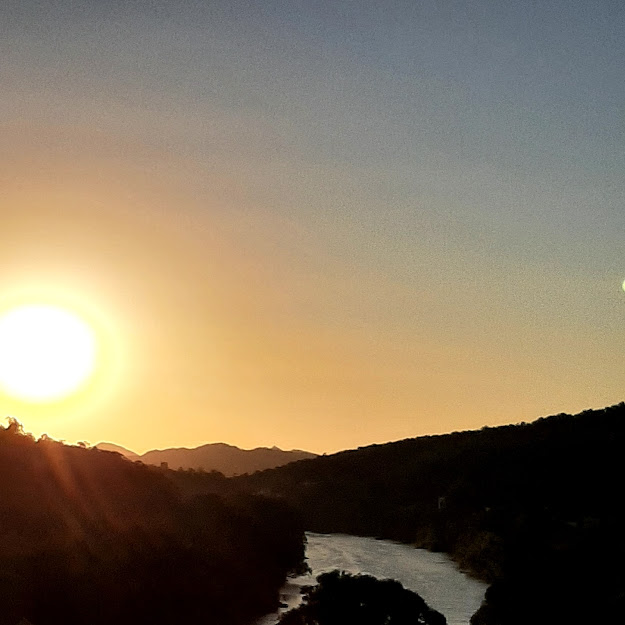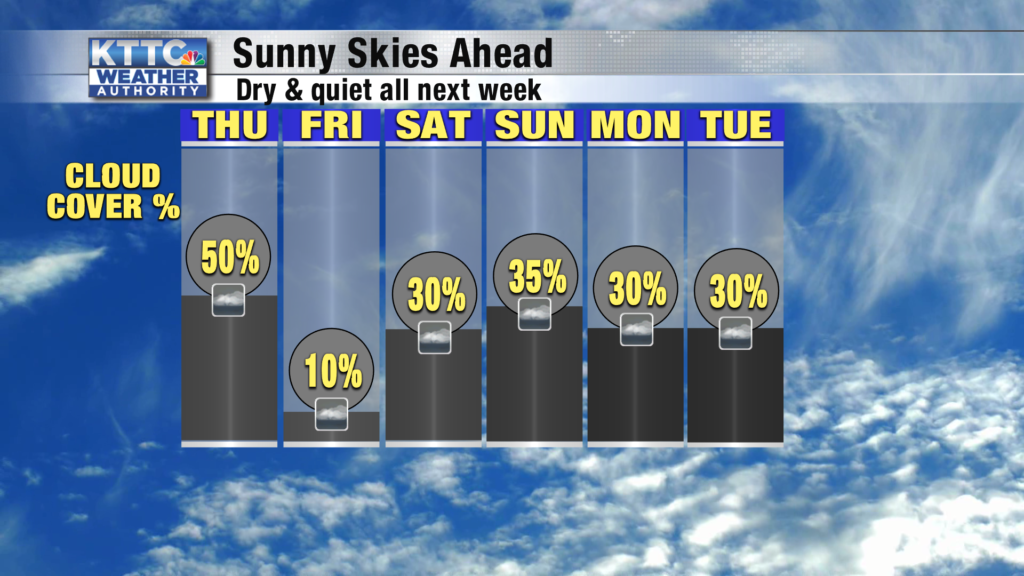
Absolutely “clear skies”!
Have you ever heard that expression?
Let’s break it down.
First, why do we sometimes use the plural “skies” if there’s only one sky over Earth? Should we say sky or skies?
☁️ Sky vs Skies – What’s the difference?
SKY (noun)
/ˈskaɪ/ (plural: skies)
The sky is the space above the Earth — where we see clouds, the sun, the moon, and stars.
Most of the time, we use the sky in the singular:
- The sky suddenly went dark, and it started to rain.
- What’s that in the sky?
- There was not a single cloud in the sky.
- White clouds moved fast across the sky.
- A crowd gathered under a cloudy sky.
- Meteors falling from the sky.
- A cloudless sky.
- The night sky.
When an adjective is used with “sky,” we typically say a [adjective] sky:
a blue sky, a grey sky, a cloudless sky.
SKIES – When and why do we use the plural?
We usually use skies when we’re:
- Describing different types of sky, the different appearances or conditions of the sky, especially at different times:
- A land of blue skies and warm sunshine.
- The skies are overcast today — it’s chilly and damp.
- Clear skies could mean temperatures will drop tonight.
- The tropical skies of the Caribbean are breathtaking.
- We traveled across lands with blue, grey, and golden skies.
- The forecast calls for clear skies with a chance of thunderstorms later.
- Being poetic or expressive:
- Reach for the skies! (freedom, ambition)
- He dreamed of distant skies.
- Skies of hope and wonder.
📝 So yes — we use the plural “skies” to emphasize variation or contrast, often poetically or descriptively. It’s not about having more than one actual sky but about the many faces it can show. It’s not always mandatory but adds richness and a sense of vastness or variety.
☀️ Now, about the collocation “clear skies”:
We say clear skies, not clean skies.
-
Clear means: cloudless, bright, and free of mist or haze.
✅ The skies were clear and blue.
✅ A clear June morning.

🧠 Note: In some contexts, clear skies can also be used metaphorically — for example, in economic forecasts or optimistic outlooks.

✅ To sum up:
- Use sky when referring to the space above in a general or singular sense.
- Use skies to be poetic, describe the different appearances or conditions of the sky, or emphasize vastness.
- Always say clear skies, not clean skies.
📝 Exercises – Sky vs. Skies & Clear Skies
🔹 1. Complete as frases com sky ou skies.
a) There wasn’t a single cloud in the __________.
b) They dreamed of freedom under foreign __________.
c) We watched the sunset as it painted the __________ orange and pink.
d) The pilot said we might have turbulence due to cloudy __________.
e) The moon was high in the night __________.
🔹 2. Escolha a opção correta.
a) The weather forecast says we’ll have:
🔘 clean skies
🔘 clear skies
b) When describing one specific place, we usually use:
🔘 skies
🔘 sky
c) In poetic or literary expressions, it’s more natural to say:
🔘 reach for the sky
🔘 reach for the skies
d) We say:
🔘 a cloudless sky
🔘 a cloudless skies
e) Which is correct?
🔘 The skies was blue.
🔘 The sky was blue.
🔹 3. Escreva frases usando as palavras entre parênteses.
Use “sky” ou “skies” conforme o contexto.
a) (beautiful / today) → ________________________________________
b) (dark / at night) → ________________________________________
c) (reach / poetic) → ________________________________________
d) (forecast / tomorrow) → ________________________________________
e) (I love / clear) → ________________________________________
🔹 4. Corrija a frase, se necessário.
a) A clear sky are expected tomorrow.
b) The clean skies made the morning even more special.
c) What is that in the skies?
d) A crowd gathered under a cloudy sky.
✅ Gabarito – Sky vs. Skies & Clear Skies
🔹 1. Complete as frases com sky ou skies.
a) There wasn’t a single cloud in the sky.
b) They dreamed of freedom under foreign skies.
c) We watched the sunset as it painted the sky orange and pink.
d) The pilot said we might have turbulence due to cloudy skies.
e) The moon was high in the night sky.
🔹 2. Escolha a opção correta.
a) ✅ clear skies
b) ✅ sky
c) ✅ reach for the skies
d) ✅ a cloudless sky
e) ✅ The sky was blue.
🔹 3. Escreva frases usando as palavras entre parênteses.
(Respostas variam; aqui estão sugestões corretas)
a) The sky is beautiful today.
b) The sky gets very dark at night.
c) She told him to reach for the skies.
d) The forecast says clear skies tomorrow.
e) I love clear skies in the morning.
🔹 4. Corrija a frase, se necessário.
a) ❌ A clear sky is expected tomorrow.
b) ❌ The clear skies made the morning even more special.
c) ❌ What is that in the sky?
d) ✅ Correta!



